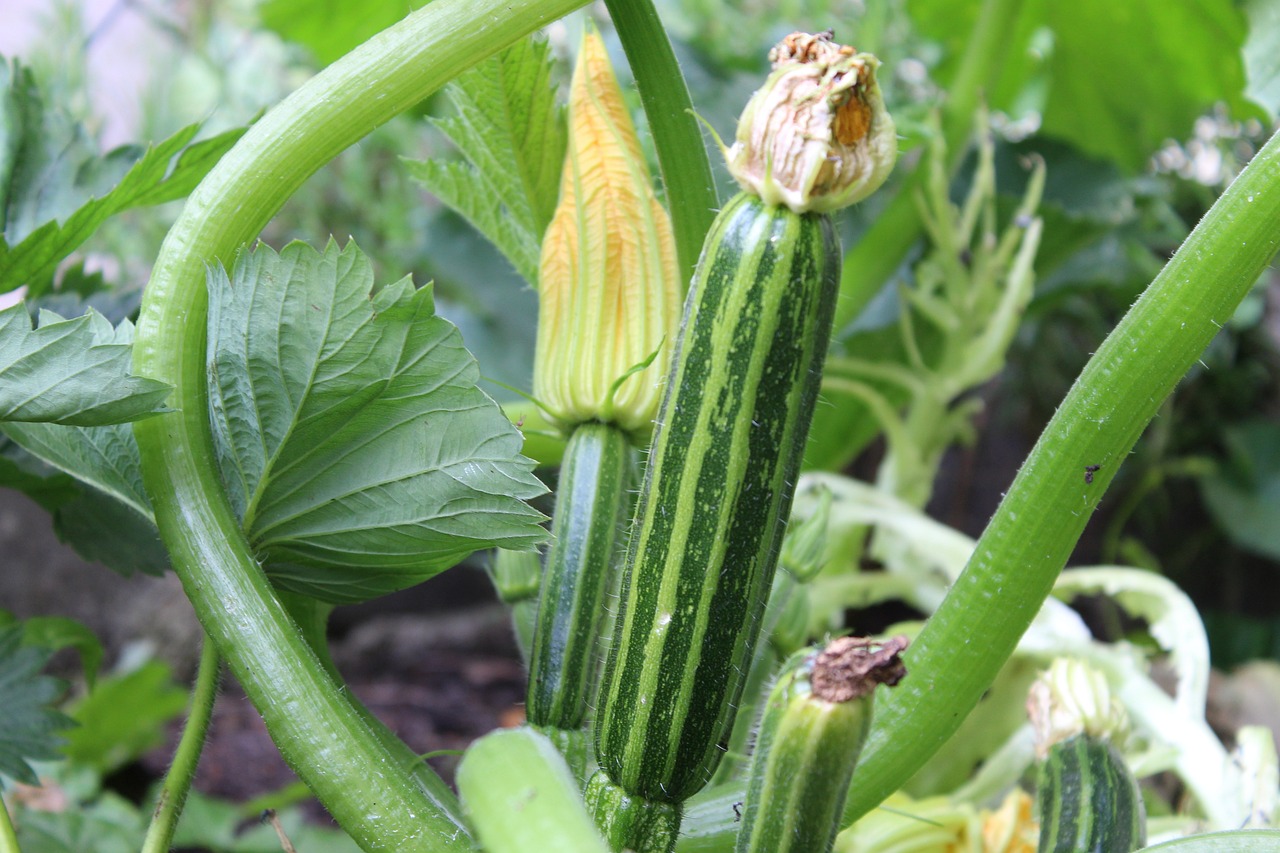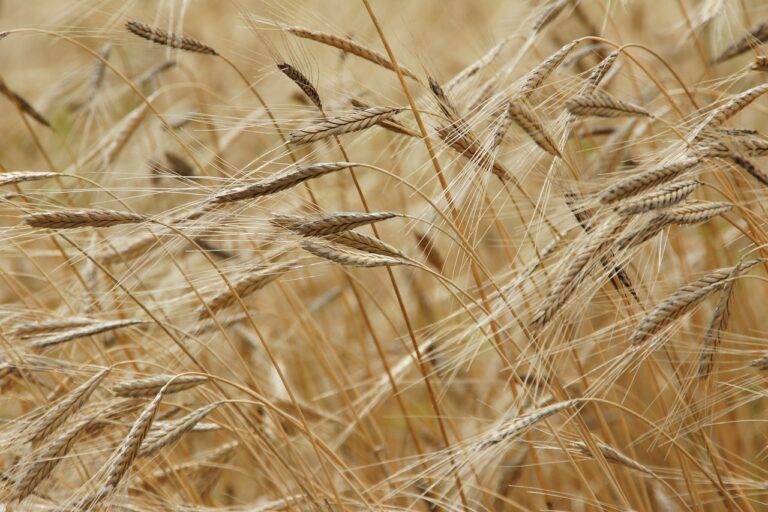The Role of Technology in Food Production
In recent years, the integration of technology in food production has revolutionized the industry, offering a wide array of benefits to both producers and consumers. Implementing technology allows for improved efficiency in processes such as planting, harvesting, and packaging, leading to higher yields and reduced waste. Moreover, technologies like precision farming and automated machinery enable farmers to make data-driven decisions, resulting in better crop management and overall productivity.
Furthermore, the use of technology in food production enhances food safety standards by enabling real-time monitoring of crops and products throughout the supply chain. With the implementation of sensors, drones, and blockchain technology, potential risks of contamination or spoilage can be identified and addressed promptly, ensuring the delivery of safe and high-quality food products to the market. By prioritizing technology integration, the food industry can not only meet the demands of a growing population but also uphold standards of sustainability and transparency in food production practices.
Innovations Driving Efficiency in Agricultural Practices
With the advancement of technology, the agricultural industry has been undergoing a transformation towards more efficient and sustainable practices. One of the key innovations driving this efficiency is the utilization of drones for precision agriculture. Drones equipped with specialized sensors can collect data on crop health, soil conditions, and irrigation needs, allowing farmers to make more informed decisions in real-time.
Another significant innovation is the use of Internet of Things (IoT) devices in farming operations. IoT devices such as soil moisture sensors, weather stations, and automated machinery can enhance productivity by enabling farmers to monitor and manage their operations remotely. This connectivity not only saves time and resources but also improves the overall decision-making process in agriculture.
What are some benefits of implementing technology in food production?
Implementing technology in food production can lead to increased efficiency, higher yields, reduced labor costs, improved quality control, and better decision-making through data analysis.
How are innovations driving efficiency in agricultural practices?
Innovations such as precision agriculture, automation, drones, and sensor technologies are helping farmers optimize their resources, minimize waste, and increase productivity in their agricultural practices.
What is precision agriculture?
Precision agriculture involves using technology to manage variations in the field to improve crop performance and profitability. It includes tools such as GPS guidance systems, variable rate technology, and sensors for monitoring soil and crop conditions.
How can automation benefit agricultural practices?
Automation can help farmers streamline their operations, reduce manual labor, and increase efficiency. Examples of automation in agriculture include robotic harvesters, autonomous tractors, and automated irrigation systems.
How are drones being used in agriculture?
Drones are being used in agriculture for tasks such as crop monitoring, field mapping, and spraying pesticides. They can provide farmers with real-time data and help them make more informed decisions about their crops.
What role do sensor technologies play in driving efficiency in agricultural practices?
Sensor technologies, such as soil moisture sensors, weather stations, and plant health sensors, can provide farmers with valuable data to optimize irrigation, fertilization, and pest control practices. This information can help farmers make more precise and timely decisions in their agricultural operations.





